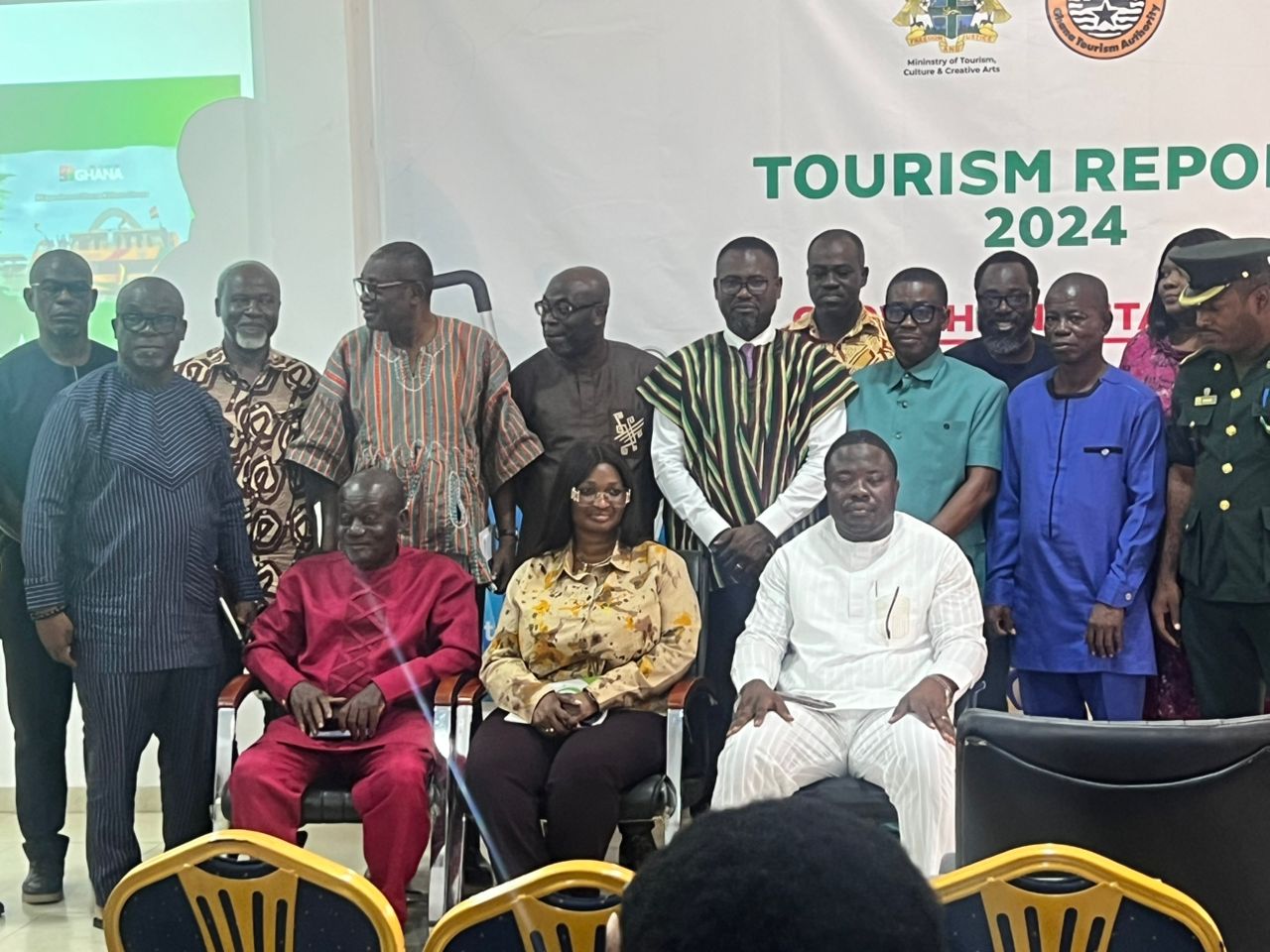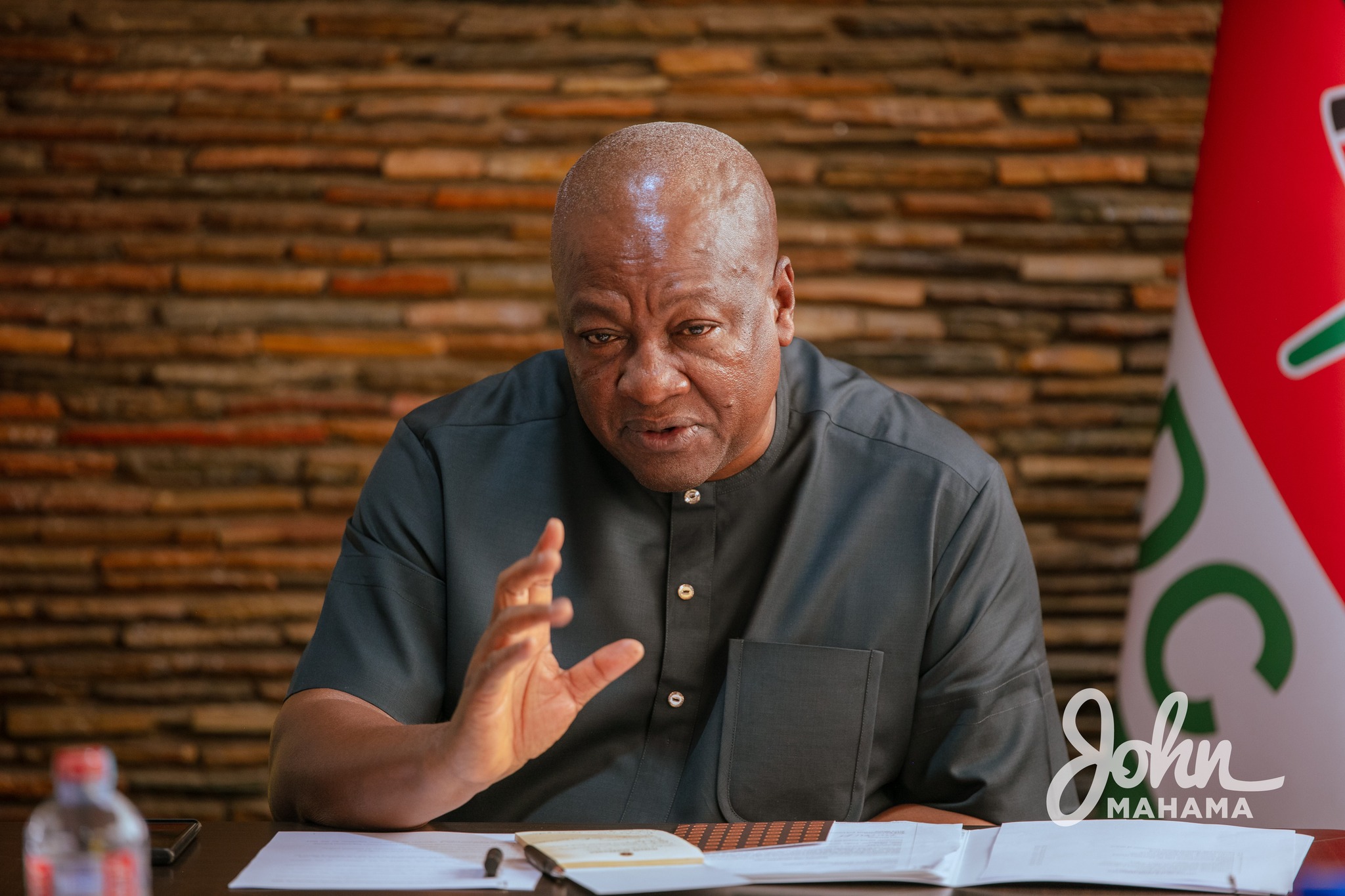Ghana’s tourism sector showed robust performance and continued recovery in 2024, according to the Ghana Tourism Authority’s (GTA) latest annual report themed “Growth and Stability”.
The publication captures key trends in international arrivals, domestic tourism, economic contributions, and the strategic pivots shaping Ghana’s position in the global tourism landscape.
Ghana recorded 1,288,804 international arrivals in 2024, a 12% increase over 2023.
While this growth was more moderate than the 25% surge seen the previous year, it reflects sustained global interest in Ghana as a cultural and heritage destination.
Regional travel remained a bright spot, with Nigerian arrivals rising by 25%, reaffirming Ghana’s popularity among West African tourists.
The UN Tourism Barometer reported that global travel nearly returned to pre-pandemic levels, with 1.4 billion travellers worldwide in 2024, and Ghana has proven resilient in capturing its share.
Ghana made strategic inroads into the cruise tourism market, with 14 vessels docking at Takoradi and Tema ports, bringing in 12,634 passengers, a 38% increase from 2023.
The Ghana Tourism Authority (GTA) survey revealed that 61% of cruise passengers visiting Ghana were aged 60 and above.
While many praised the country’s rich cultural attractions, several highlighted poor infrastructures as a key challenge affecting their overall experience.
Though still in its infancy, the sector presents strong potential with targeted investment and marketing, especially as Ghana eyes a permanent spot-on West Africa’s cruise itinerary.
In 2024, domestic tourism proved to be a key stabilising factor for Ghana’s tourism sector. A total of 1.68 million site visits were recorded nationwide marking a 19% increase over 2023 figures.
Notably, Ghanaian residents accounted for 85.4% of these visits, reflecting a strong and growing local appetite for exploring national heritage and leisure destinations.
The Kwame Nkrumah Memorial Park retained its title as the most visited attraction, receiving 20% of all recorded visits.
Notably, Kalakpa Resource Reserve (Volta Region) and Nakore Mosque (Upper West Region) were the only sites where non-resident visits outnumbered locals.
Ghana’s strategic use of cultural events to boost tourism and local economies continues to yield results.
The Kwahu Easter Paragliding Festival maintained its momentum as a key attraction, stimulating local businesses and community participation.
Similarly, the “December in GH” season drew significant attention with major events like AfroFuture, Detty December, and TadiFest.
A visitor survey at Kotoka International Airport during the festive period showed high satisfaction levels, strong spending, and increasing repeat visits, especially among diaspora returnees and younger tourists underscoring the growing economic impact of event-based tourism.
Airbnb’s flexible offerings continued to reshape Ghana’s lodging ecosystem, empowering homeowners and offering travellers unique stays.
However, the lack of clear regulation, quality control, and inspection standards presents ongoing challenges that authorities must address.
Speaking at the report launch at the Accra Tourist Information Centre, Deputy Tourism Minister Yussif Issaka Jajah, on behalf of the Minister, described the report as a “mural that reflects our progress”.
“Tourism creates jobs, promotes investment, strengthens cultural identity, and fosters mutual understanding,” he said. “Data is our compass as we navigate climate uncertainty and evolving traveller behaviour.”
Madam Maame Efua Houadjeto, Acting CEO of the GTA, reinforced the report’s importance:
“It blends qualitative and quantitative data to shape policy, support the private sector, and measure the impact of collective efforts. It’s a vital tool for planning and accountability.”
With global tourism expected to grow by 3–5% in 2025, Ghana is well-positioned to build on its momentum.
The GTA’s focus on data-driven planning, inclusive growth, and infrastructure development provides a strong foundation for transforming Ghana into a leading tourism hub in Africa.
Source: Myxyzonline.com





